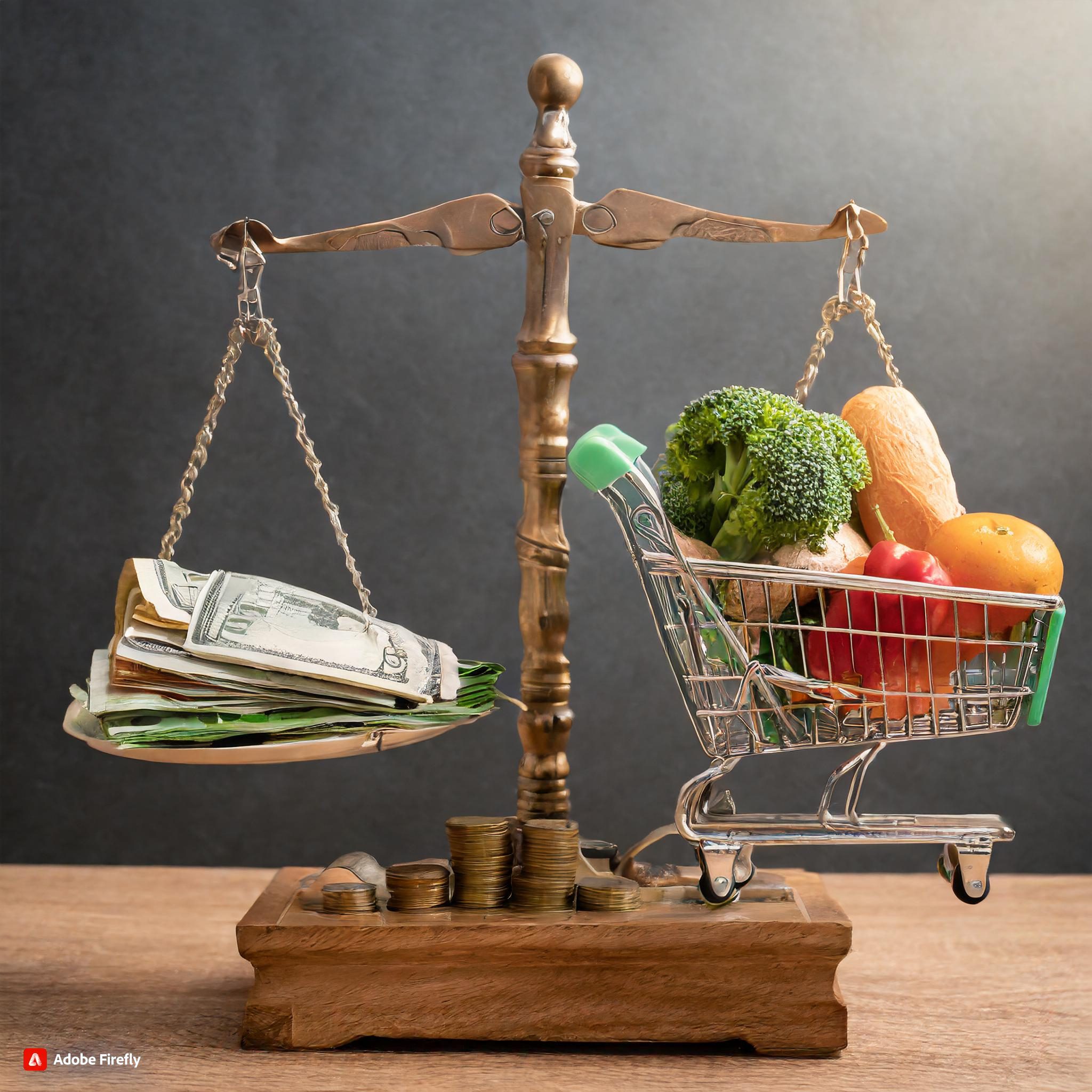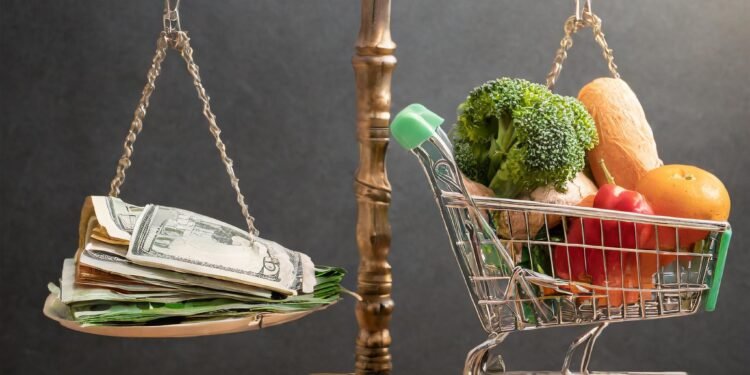
With a youthful, rapidly rising population and an expanding middle class, several African countries are emerging as significant players in the global economy. When an African country has high buying power, it indicates economic stability, a strong consumer market, and more global importance.
When people can afford to buy products and services, businesses grow and industries develop. Thus, the economy of the nation is strengthened and the GDP is increased.
Increased consumer spending boosts regional companies, generates employment, and promotes entrepreneurship.
Additionally, a country with substantial purchasing power has a robust domestic market that can support local industries and enterprises. This decreases reliance on exports and strengthens the economy’s resilience to global economic swings.
Economic and political stability are closely related. A high purchasing power promotes economic security, which decreases the risk of social discontent and political instability. When individuals can fulfill their fundamental requirements and maintain a decent quality of life, they are less inclined to protest or oppose government policy.
Furthermore, a growing economy creates increased tax revenues, allowing governments to support social programs, infrastructure, and public services, lowering unhappiness among the population.
With that said, here are the 5 African countries with the highest purchasing power according to Numbeo.
Top 5 African countries with the highest purchasing power mid-2024
| Rank | Country | Local purchasing power index |
|---|---|---|
|
1. |
South Africa |
102.8 |
|
2. |
Botswana |
64.4 |
|
3. |
Mauritius |
43.2 |
|
4. |
Libya |
42.0 |
|
5. |
Morocco |
38.6 |










